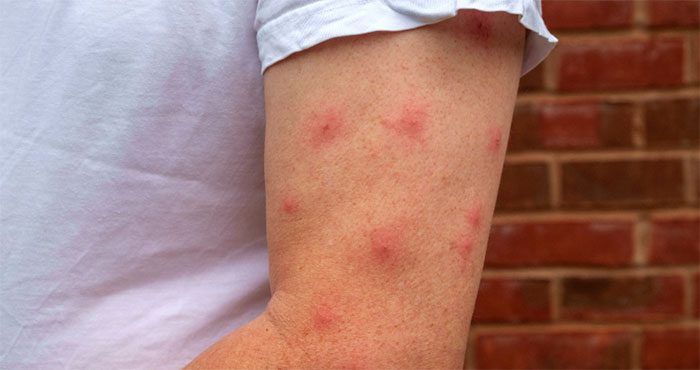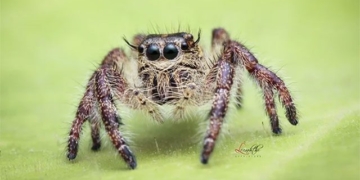You and many others are gathered in one place, and unfortunately, there are a few mosquitoes around. However, only you seem to be the target of their bites while others remain unbothered. Why is that?
According to the online medical site Medicinenet (based in San Clemente, California, USA), there are several reasons why one person may “attract” mosquitoes more than others.

There are many reasons why one person gets bitten by mosquitoes more than others – (Photo: PASSPORT HEALTH)
1. Carbon Dioxide (CO2): Mosquitoes are attracted to the carbon dioxide you exhale, especially during physical activity. Research suggests that mosquitoes can detect CO2 from as far as 50 meters away and will move towards that area in search of a potential host.
2. Body Odor: Compounds found in your skin and sweat can attract mosquitoes, as these compounds can create a unique scent that draws them in. For instance, some individuals secrete higher amounts of lactic acid (sour), ammonia (pungent), or cholesterol (fat), all of which are appealing to mosquitoes.
3. Skin Bacteria: Skin bacteria also play a role in body odor and release substances that attract mosquitoes. Studies have shown that certain mosquito species are more attracted to different areas of the body. Some prefer the head and shoulders, possibly due to increased CO2 concentration, while others are drawn to the feet and ankles.
4. Temperature: Mosquitoes thrive in warm, humid climates and prefer individuals with a higher body temperature than average. In some cases, mosquitoes may bite you if you are wearing thermal clothing.
5. Body Size: Research indicates that mosquitoes are often attracted to larger individuals, possibly because they can draw more blood and generate more heat.
6. Alcohol Consumption: Studies also show that consuming alcohol, particularly beer, is associated with increased mosquito bites, although the exact reasons for this are not yet clear.
7. Blood Type: Various studies suggest that people with blood type O are more susceptible to mosquito bites than those with blood types B or A. The reasons for this remain unclear.
8. Pregnancy: Pregnant women have higher blood volume and metabolic rates, which may make them more attractive to mosquitoes.
9. Water: Female mosquitoes lay their eggs in stagnant water. Eliminating standing water from your surroundings can help reduce mosquito bites.
10. Genetics: Research on identical twins and siblings suggests that a hidden genetic mechanism may play a role in the frequency of mosquito bites.
In children and individuals with immune system disorders, mosquito bites can cause symptoms such as itchy hives, mild fever, swollen lymph nodes, headaches, allergies, and may lead to blisters, swelling, or asthma-like reactions. Mosquitoes can also transmit diseases such as yellow fever, dengue fever, malaria, and encephalitis.


















































